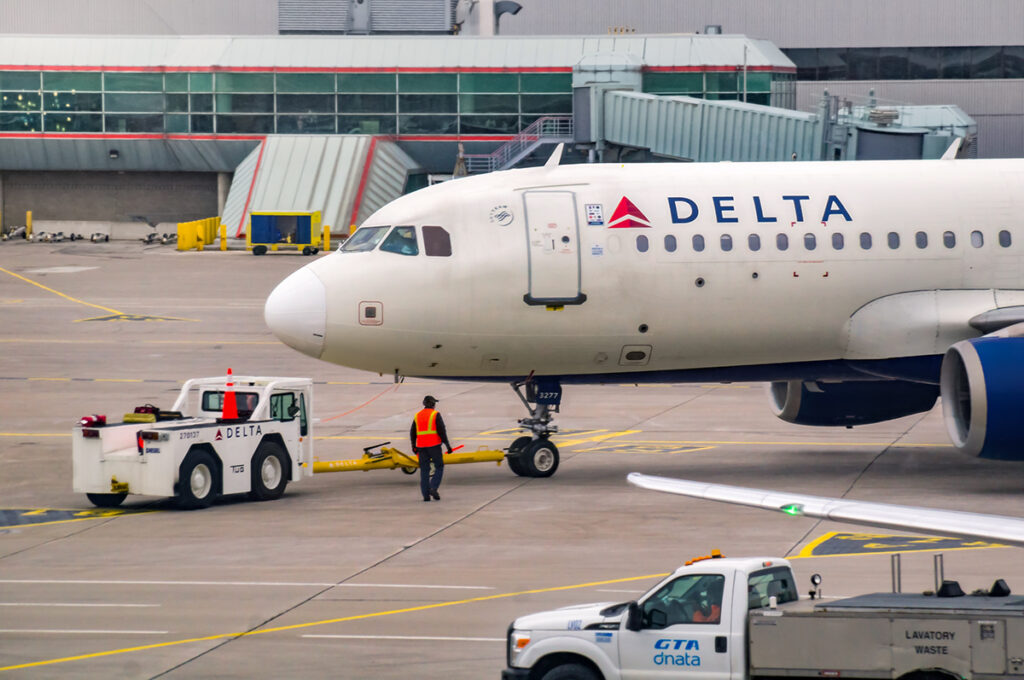Delta Air Lines is facing its first lawsuit following the recent crash of its Mitsubishi CRJ-900 regional jet in Toronto. While the airline has offered compensation to passengers, legal experts suggest that many will pursue litigation. The incident, which left multiple passengers injured, has sparked discussions about airline liability and passenger rights under international aviation laws.
Delta’s Compensation Offer and Passenger Response
In a swift move, Delta Air Lines has offered $30,000 to each of the 77 passengers on board the flight, potentially totaling $2.3 million if all accept. The airline has emphasized that the payment is not conditional and does not restrict passengers from pursuing legal action. Despite this, aviation lawyers believe the offer may be an attempt to discourage lawsuits, as some passengers might prefer to settle rather than endure a lengthy legal battle.
Among those affected, 21 passengers were hospitalized following the crash. As of Thursday, all have been discharged. However, legal action is already underway. Three aviation law firms have been retained by multiple passengers, with some expressing concerns about the long-term psychological and physical impact of the crash.
First Lawsuit Filed Over Passenger Injuries
The first lawsuit against Delta has been filed in federal court in Atlanta, where the airline is based. The plaintiff, represented by DJC Law, described the severe injuries sustained during the crash. After the plane flipped, the passenger was left hanging upside down before unbuckling and falling onto his head, suffering head, neck, and back injuries. The case is expected to set a precedent for other passengers who may come forward with similar claims.
Legal professionals expect additional lawsuits to follow, as passengers often share experiences and seek legal advice collectively. Experts suggest that post-traumatic stress disorder (PTSD) and other mental health issues could become a major factor in future claims.
Airline Liability and Safety Concerns
While Delta has defended the flight crew’s actions, stating that they performed as expected under emergency conditions, questions remain about what caused the crash and whether proper safety protocols were followed. Lawyers argue that someone may have failed to follow procedures, which could influence legal outcomes.
The Montreal Convention 1999 (MC99) applies to this incident, as it governs international flights between the U.S. and Canada. Under this treaty, airlines are automatically liable for injuries unless they can prove no negligence occurred. In most cases, damages are capped at $200,000, but if Delta cannot demonstrate it was not at fault, that limit will not apply.
What Comes Next?
With legal action already in motion, more lawsuits are likely in the coming weeks. Lawyers anticipate that passengers who initially accept Delta’s compensation may still pursue claims due to the potential long-term impact of injuries and psychological trauma. Meanwhile, aviation analysts will closely watch how Delta navigates its legal challenges and whether it will adjust its approach to compensation.
As the investigation into the crash continues, survivors and legal experts remain focused on ensuring that proper accountability and passenger rights are upheld. Delta may be facing a long legal battle, as more passengers consider their options in the aftermath of the terrifying incident.


